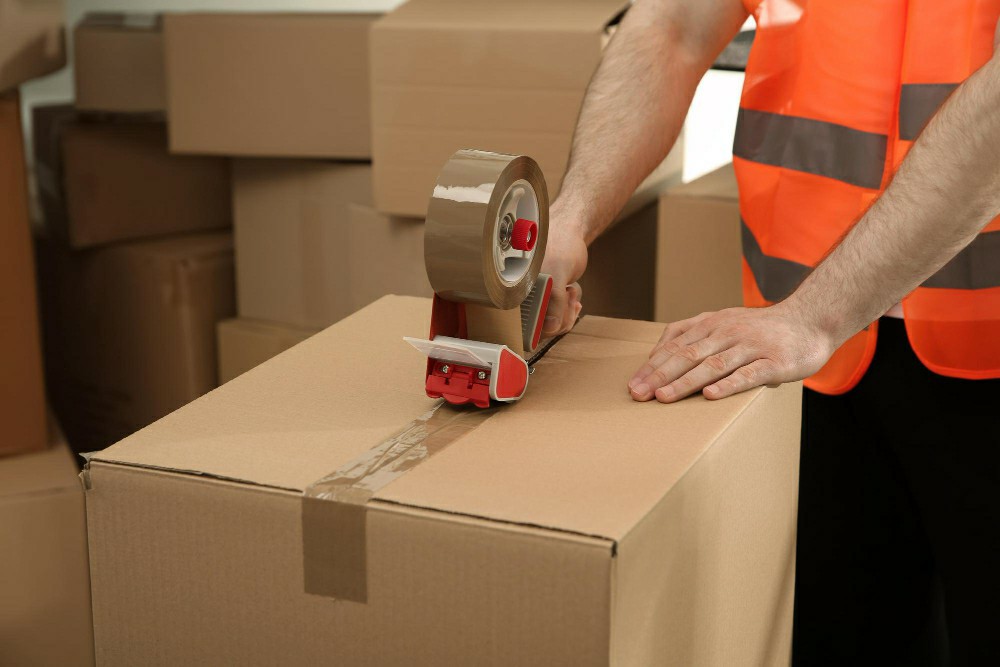


 349,500 Offered Certificates
349,500 Offered Certificates
 24/7 Online Training
24/7 Online Training
 Money Back Guarantee
Money Back Guarantee
 Fully Accredited Courses
Fully Accredited Courses

Created at: 23-11-2024 15:31
In the fast-paced world of healthcare, ensuring the safety of both staff and patients is paramount. One of the critical aspects of maintaining safety in healthcare environments is through manual handling QQI training. This blog post aims to provide an in-depth look at the significance of QQI (Quality and Qualifications Ireland) certification for healthcare professionals, particularly in manual handling practices.
Manual handling refers to any activity that involves lifting, carrying, pushing, pulling, or moving an object by hand or bodily force. For healthcare workers, this can include moving patients, lifting medical equipment, and ensuring that tasks are performed safely to prevent injury.
Training in manual handling is not just a suggestion; it is a legal requirement under the Health and Safety Authority guidelines. Here’s why QQI certification plays a crucial role:
A comprehensive manual handling QQI safety course covers various aspects that healthcare professionals need to understand:
This section teaches the principles of manual handling along with the anatomy of the body. Understanding the biomechanics involved in moving patients helps to develop safer handling practices.
The course covers how to assess risks related to manual handling in different scenarios, including:
The practical element of the course focuses on:
One of the significant benefits of manual handling QQI online courses is flexibility. Busy healthcare professionals often struggle to find time for in-person training due to hectic schedules. Online courses allow participants to:
Upon completing the manual handling QQI certification course, participants must:
Healthcare professionals should note that maintaining certification often requires refresher courses, ensuring that they remain current with best practices.
In conclusion, manual handling QQI training is an essential component of ensuring a safe work environment in healthcare settings across Ireland. By engaging in this training, professionals, especially nurses and care assistants, can minimize the risks associated with manual handling, leading to fewer workplace injuries.
Don't wait for accidents to happen; prioritize safety by enrolling in a manual handling QQI course today. For more information about our courses, visit Ireland Safety Training or contact us at [email protected].